All Formats & Editions
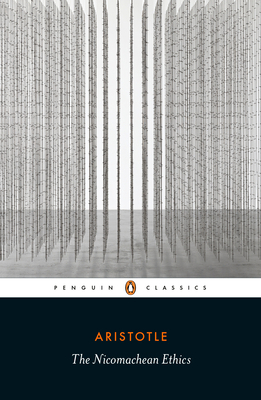
The Nicomachean Ethics
A new translation of one of the most important philosophical works of all time A Penguin Classic Aristotle's classic treatise is based on his famous doctrine of the golden mean, which advocates taking the middle course between excess and deficiency. Reacting...
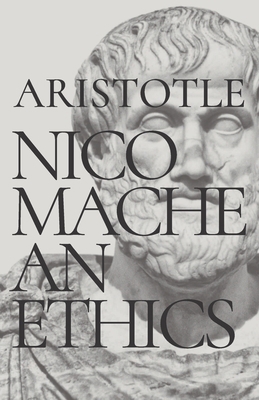
Nicomachean Ethics
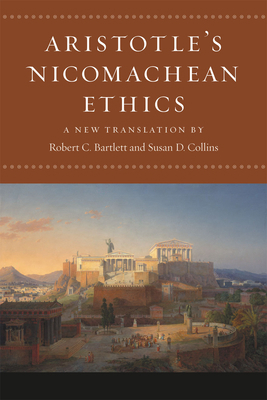
Aristotle's Nicomachean Ethics
The Nicomachean Ethics is one of Aristotle's most widely read and influential works. Ideas central to ethics--that happiness is the end of human endeavor, that moral virtue is formed through action and habituation, and that good action requires prudence--found their most powerful...
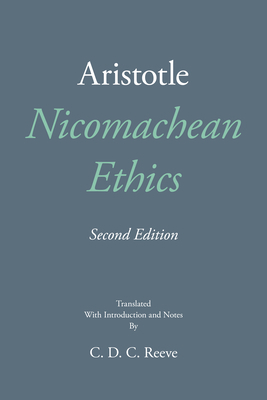
Nicomachean Ethics
The second edition of C. D. C. Reeve's translation of Nicomachean Ethics features Bekker numbers in the margins as well as a significantly revised translation that combines accuracy, consistency, and readability and fits seamlessly with the other volumes in the series. Anglophone...
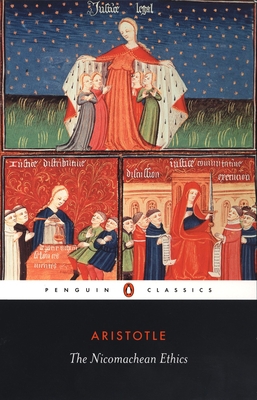
The Nicomachean Ethics
"One swallow does not make a summer; neither does one day. Similarly neither can one day, or a brief space of time, make a man blessed and happy" Previously published as Ethics, Aristotle's The Nicomachean Ethics addresses the question of how to live...
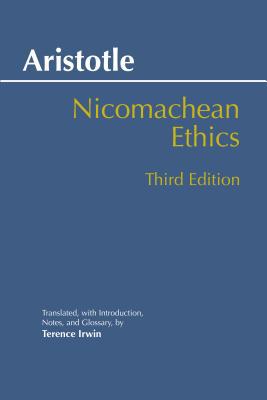
Nicomachean Ethics
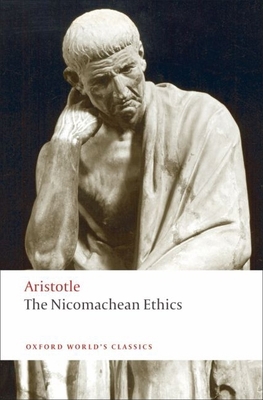
The Nicomachean Ethics
A student of Plato and a teacher of Alexander the Great, Aristotle is one of the towering figures in Western thought. A brilliant thinker with wide-ranging interests, he wrote important works in physics, biology, poetry, politics, morality, metaphysics, and ethics.
In the...
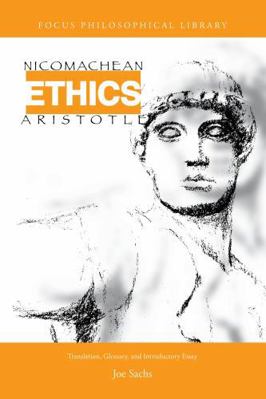
Nicomachean Ethics
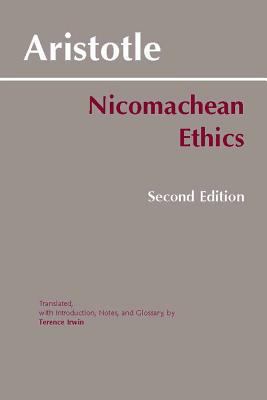
Nicomachean Ethics
Building on the strengths of the first edition, the second edition of the Irwin Nicomachean Ethics features a revised translation (with little editorial intervention), expanded notes (including a summary of the argument of each chapter), an expanded Introduction, and a revised...

Nicomachean Ethics
Building on the strengths of the first edition, the second edition of the Irwin Nicomachean Ethics features a revised translation (with little editorial intervention), expanded notes (including a summary of the argument of each chapter), an expanded Introduction, and a revised...
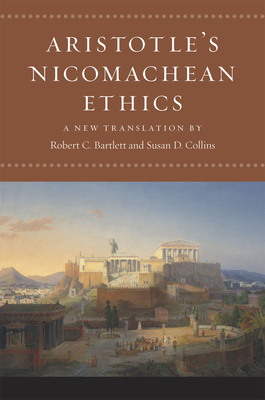
Aristotle's Nicomachean Ethics
The Nicomachean Ethics is one of Aristotle's most widely read and influential works. Ideas central to ethics--that happiness is the end of human endeavor, that moral virtue is formed through action and habituation, and that good action requires prudence--found their most powerful...

Nicomachean Ethics
The Nicomachean Ethics is Aristotle's best-known work on ethics. The work, which plays a pre-eminent role in defining Aristotelian ethics, consists of ten books, originally separate scrolls, and is understood to be based on notes from his lectures at the Lyceum. The title is...
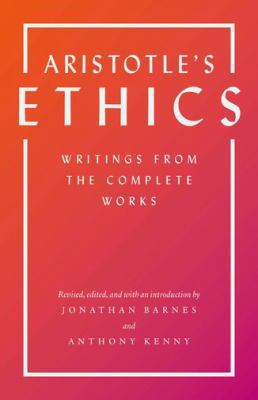
Aristotle's Ethics: Writings from the Complete ...
Aristotle's moral philosophy is a pillar of Western ethical thought. It bequeathed to the world an emphasis on virtues and vices, happiness as well-being or a life well lived, and rationally motivated action as a mean between extremes. Its influence was felt well beyond antiquity...
![Nicomachean Ethics [Greek, Ancient (to 1453)] 0674990811 Book Cover](https://i.thriftbooks.com/api/imagehandler/l/583ECABAAF9872E6E7335044681A2338E6D01DF8.jpeg)
Nicomachean Ethics [Greek, Ancient (to 1453)]
Antiquity's most influential account of life's Supreme Good.
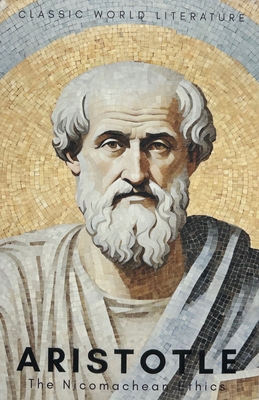
The Nicomachean Ethics
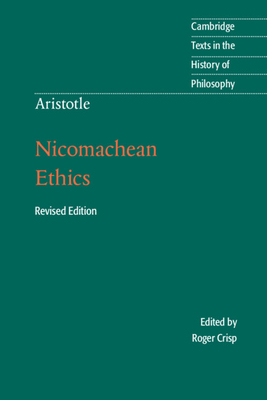
Aristotle: Nicomachean Ethics

Nicomachean Ethics
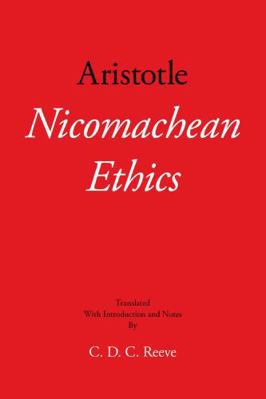
Nicomachean Ethics
An excellent new translation and commentary. It will serve newcomers as an informative, accessible introduction to the Nicomachean Ethics and to many issues in Aristotle' s philosophy, but also has much to offer advanced scholars. The commentary is noteworthy for its frequent...
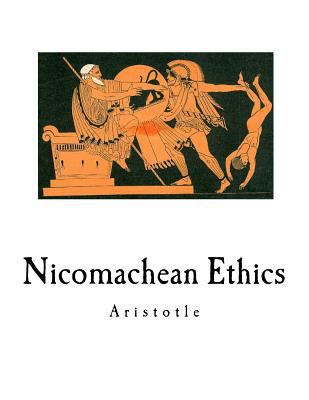
Nicomachean Ethics
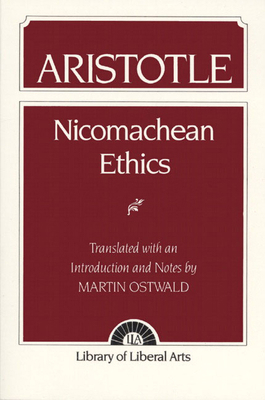
Nicomachean Ethics
Enduringly profound treatise, whose lasting effect on Western philosophy continues to resonate. Aristotle identifies the goal of life as happiness and discusses its attainment through the contemplation of philosophic truth.
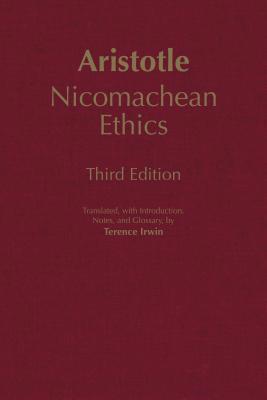
Nicomachean Ethics
![?tica a Nic?maco: (spanish Edition) (Annotated)... [Spanish] 1729049346 Book Cover](https://i.thriftbooks.com/api/imagehandler/l/7433445E5E59FB1BABD77B7D1EE2EA8C47EEED30.jpeg)
?tica a Nic?maco: (spanish Edition) (Annotated)... [Spanish]
![Aristote: Ethique a Nicomaque [French] B09KZGD7T5 Book Cover](https://i.thriftbooks.com/api/imagehandler/l/1E2C09F0B985720C6DC73A1EF6D2848834D0A652.jpeg)
Aristote: Ethique a Nicomaque [French]
Tout art et toute investigation, et pareillement toute action et tout choix tendent vers quelque bien, a ce qu'il semble. Aussi a-t-on declare avec raison que le Bien est ce a quoi toutes choses tendent. Mais on observe, en fait, une certaine difference entre les fins: les unes...
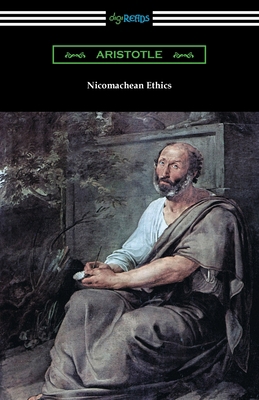
Nicomachean Ethics (Translated by W. D. Ross wi...
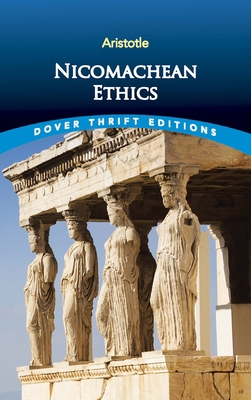
Nicomachean Ethics
Hailed by Dante as "the master of those who know," the Greek philosopher Aristotle (384-322 B.C.) surveyed every field of learning known to the ancient world and pioneered the sciences of psychology and logic. A disciple of Plato and the tutor to Alexander the Great, Aristotle...



